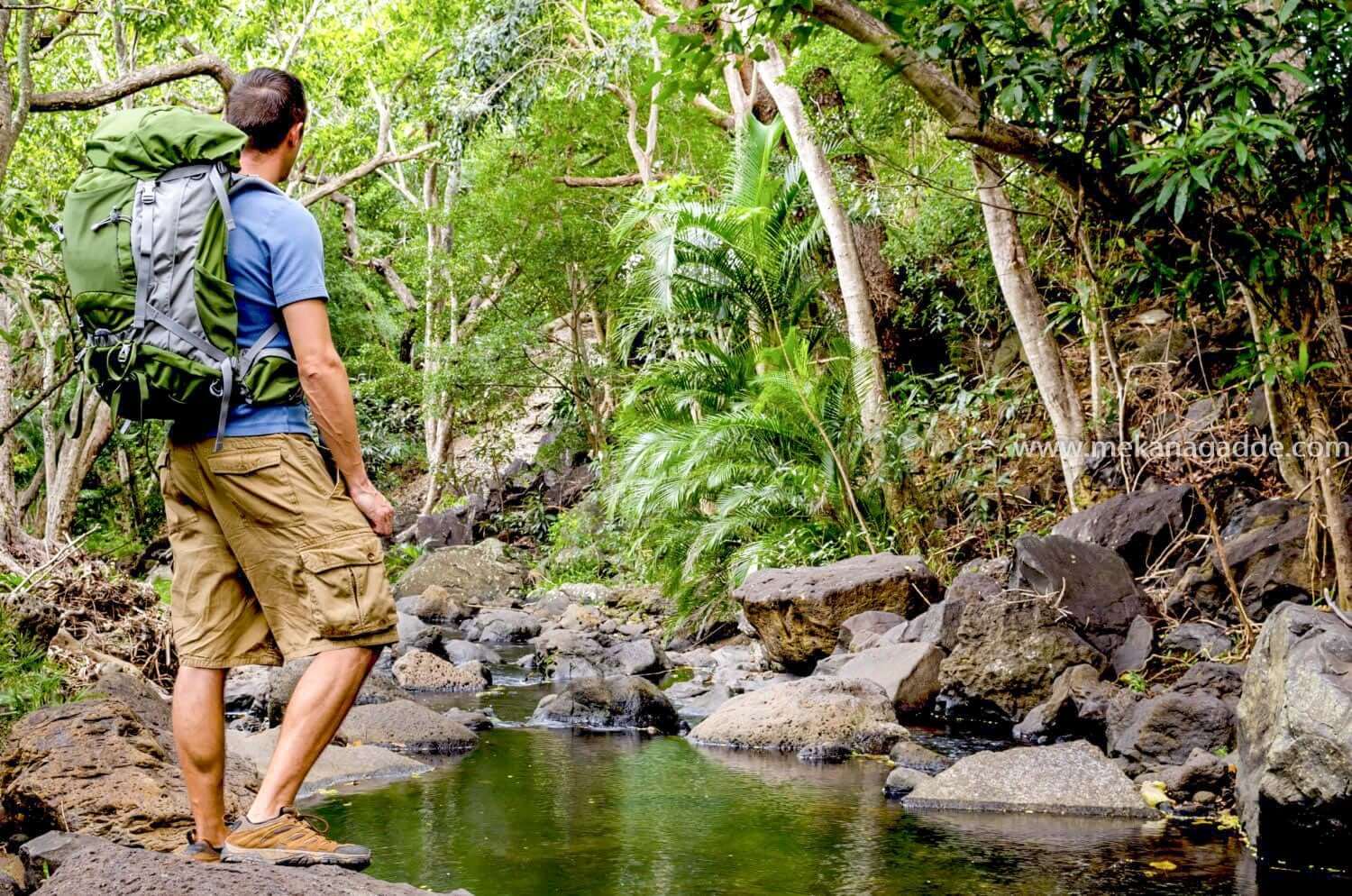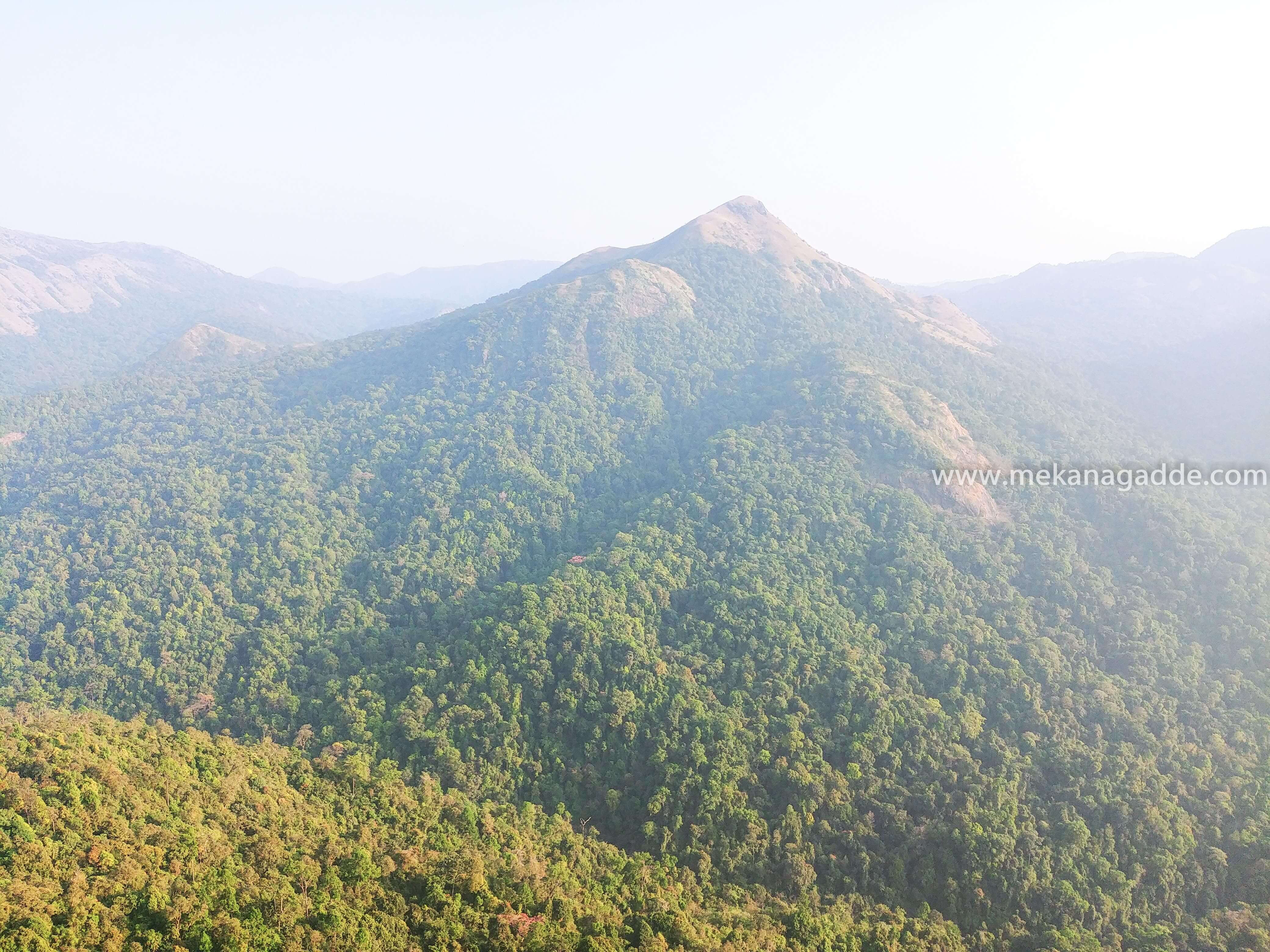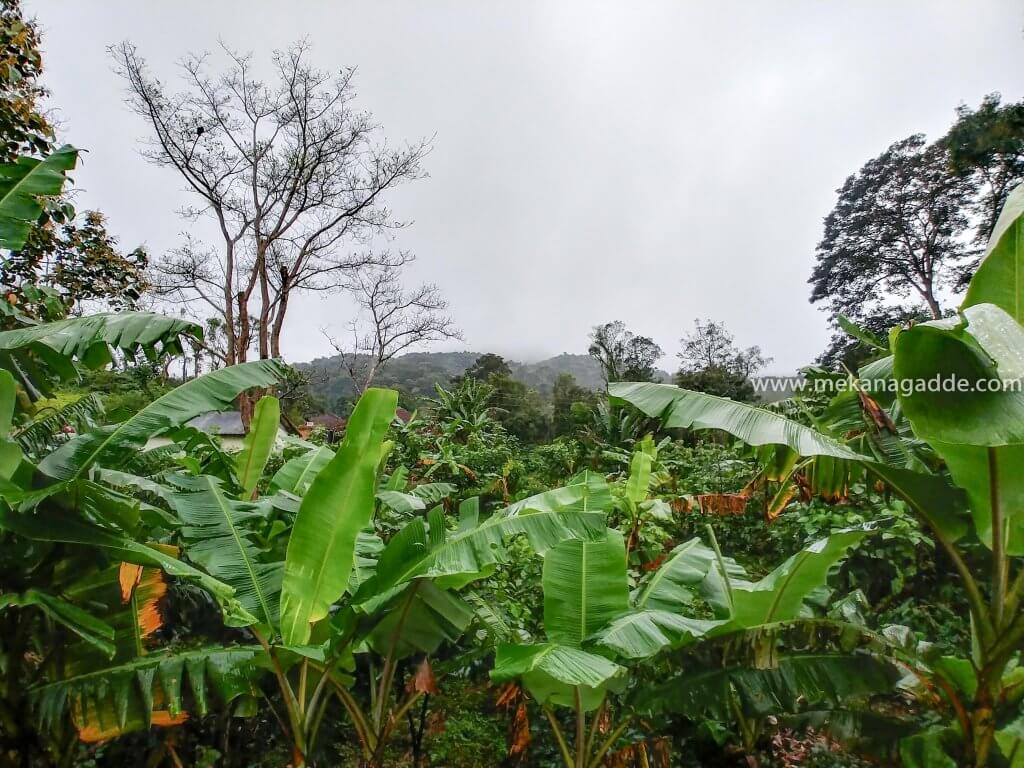What is Ecotourism?
“Tourism involving travel to areas of natural or ecological interest, typically under the guidance of a naturalist, for the purpose of observing wildlife and learning about the environment and at the same time focus on wildlife and promotion of understanding and conservation of the environment.”
This is a conscientious form of tourism and tourism development, which encourages going back to natural products in every aspect of life and help preserve nature. It is also the key to sustainable ecological development.

Goals and Principles of Ecotourism
Ecotourism is essentially all about bringing nature/wildlife conservationists, local communities, and the responsible travel industry together to ensure development focused on long-term sustainability rather than short-term profits.
The goal is to develop tourist accommodations, activities, and attractions that benefit everyone involved– the local flora/fauna, the local people, travel industry stakeholders, and travelers alike.
Education is a key aspect of ecotourism initiatives, for locals and visitors alike. Most of these efforts are focused on improving awareness, sensitizing people to environmental issues, and encouraging them to be conscious of their impact on the places they visit.
Characteristics:
- Motivation of the tourists is the observation and appreciation of nature as well as the traditional cultures.
- Should be conducted inNatural areas.
- Generally for small groups
- Minimizes negative impacts
- Generating economic benefits for host communities
- Increasing awareness towards the conservation of natural and cultural assets, both among locals and tourists.
Check out some of the objectives of Karnataka Eco Tourism board. Some of the interested aspirants of becoming nature guides, hosts and ecotourism operators can learn more.


